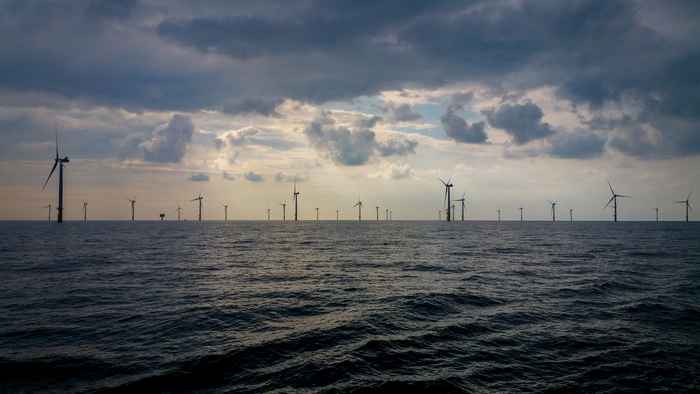Sustainability and Societal Challenges

Addressing them is essential for the well-being of current and future generations. Some of the key challenges we address are:
- Energy transition
- Exploitation of natural resources (e.g., minerals, water and animal harvesting)
- Population management and conservation programs
Transitioning from fossil fuels to renewable energy sources requires, among other things, addressing questions of governance, societal resilience and social justice. To help accelerate this shift we use system-level modeling frameworks, which are responsive to the complex political, economic, social, and environmental dynamics at play in decarbonizing the energy system (particularly in the province of North Holland). This area of research is an interfaculty research priority area.
We address different social and environmental impacts of resource extraction (e.g., mining, water, fish harvesting) in order to identify pathways to sustainable resources management.
Extraction of natural resources, i.e., mining, relates also to questions of harvest management. In the study of sustainable fishing, for example, we use structured population models to connect lower levels of biological organization to the population level, for example assessing how underwater sound disturbances to whales and fish translate into measurable effects at the population level and how different harvesting strategies affect the risk of population collapses of exploited fish stocks. In addition, in the arena of population management, we also work on development of research-based conservation programs for declining wildlife populations in the Netherlands and worldwide.
Due to the nature of these areas of study, we have close ties, collaborations and affiliations with different interfaculty programs and other external institutions, including the Institute of Advanced study (IAS-UvA), the Polder initiative, ENLENS and the Province of North Holland.
Staff
Research staff
Postdoctoral Researchers
PhD candidates
Master’s research projects
Some examples of the master’s thesis topics we had in the past:
-
Exploring drivers of feeding level in North Sea fish stocks. Quinten Mudde. Supervisor Jasper Croll
Other research areas: